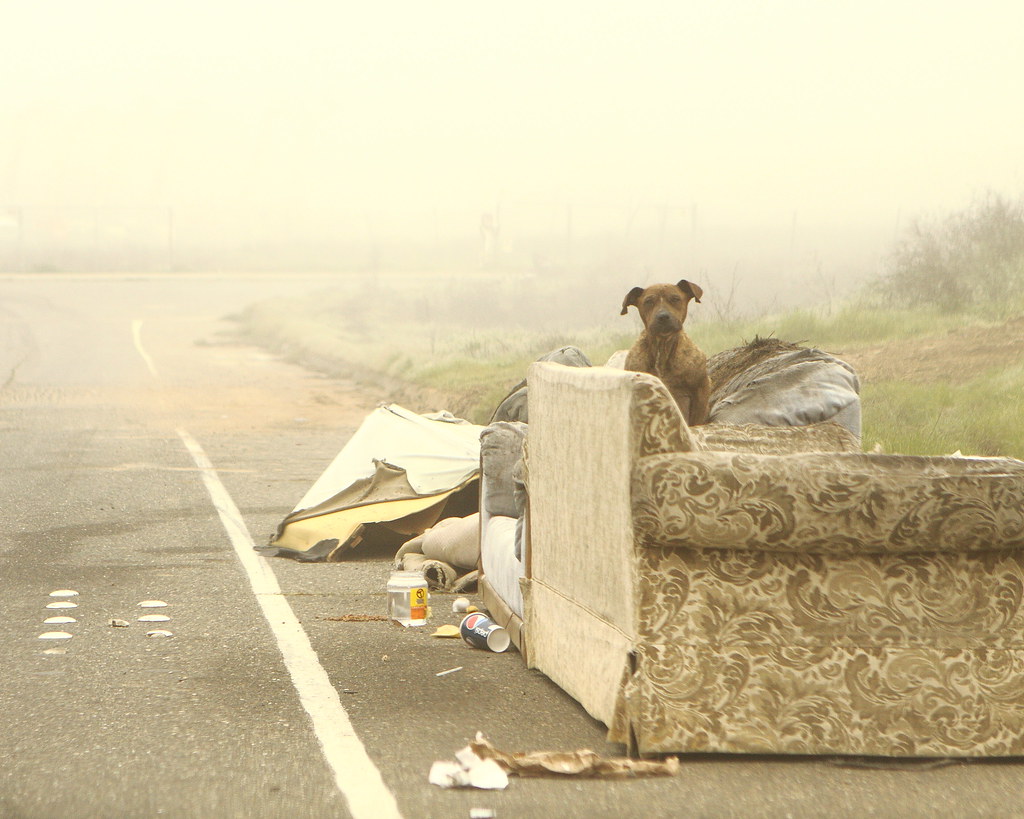By Jessica Martin
August 4, 2011
Reprinted with permission 8.11.11
Estate planning with Fido in mind? Better be careful, says a trusts and estates expert at Washington University in St. Louis School of Law.
The issue has been in the news recently. British fashion designer Alexander McQueen, who died in February 2010, left a sizeable sum of money to his beloved dogs; Trouble, the recently deceased dog of “The Queen of Mean,” Leona Helmsley, famously inherited $12 million.
Beyond celebrities, a powerful pet inheritance constituency thrives. Between 12 percent and 27 percent of owners have provisions for their pets in their wills. But what happens to the inheritance when the pet passes?
“Poor Trouble already had her bequest reduced to $2 million among other problems with the inheritance,” says Adrienne Davis, JD, the William M. Van Cleve Professor of Law at Washington University in St. Louis.
 |
| Davis |
“The remainder of Trouble’s money will go to Helmsley’s charitable trust. And yet, the legal issues do not end there. Typically gifts to charitable trusts, including remainders such as this one, would qualify for a tax deduction. However tax law excludes charitable remainders following pet trusts from qualifying.”
Davis notes that there is one final anti-pet outrage in Trouble’s case. In addition to reducing Helmsley’s gift to Trouble, the probate judge overturned Helmsley’s directive that her charitable trust be used for animal welfare, instead permitting the trustees to distribute Helmsley’s assets to non-animal charities of their own choosing.
“Although pet inheritance in America was recognized in 1923, and despite several recent innovations, the law remains unstable,” Davis say
“One basic problem is that estate planning attorneys and their clients do not take advantage of the substantial legal reforms that have come in the last decade. Trusts must be properly drafted and should name caretakers who are willing to comply with the trust terms. If a final resting place is desired, lawyers should check that it will accept pets.”
Helmsley’s final request for Trouble, that she be buried beside Helmsley in the family mausoleum, cannot be fulfilled as pets cannot be buried in human cemeteries.
Davis says that other reforms are still needed.
“One proposed bill would extend the charitable remainder tax deduction to pet trusts,” she says.
“Other reforms would make it easier to create trusts for future generations, or ‘grand-kid pets.’ That ‘companion’ feeling has spilled over owners’ lifetimes into their estate plans, with no end in sight.”
Frances Foster, JD, trusts and estates scholar and the Edward T. Foote II Professor of Law at WUSTL School of Law, tackles the issue of pet inheritance reform in her recent Florida Law Review article, “Should Pets Inherit.”
“Trouble — and the millions of American pets like her — should inherit,” Foster says.
“American inheritance law is trapped in an outdated family paradigm. That paradigm assumes that the decedent’s closest relatives by blood, adoption or marriage are the most deserving recipients of the decedent’s estate, the so-called ‘natural objects of the decedent’s bounty.’ For many Americans today though, their pets, not their human family members, are their nearest and dearest.”
Foster argues that the idea of “natural” wealth distribution permeates law and decisionmaking and creates significant human costs.
“By ignoring the actual relationships between decedents and survivors, the family paradigm excludes the very people a particular decedent may have valued most — those connected by affection and support rather than by family status,” she says.
Foster notes that recent reforms have focused on enforcing pet care arrangements on an ad hoc basis, improving legal mechanisms to provide for decedents’ pets and redefining the legal status of pets.
“But these strategies offer only partial solutions because they fail to challenge the family paradigm,” she says.
“Reformers must look beyond the family paradigm’s abstractions and develop more individualized approaches that encompass a decedent’s actual natural objects ― be they human or nonhuman.”








